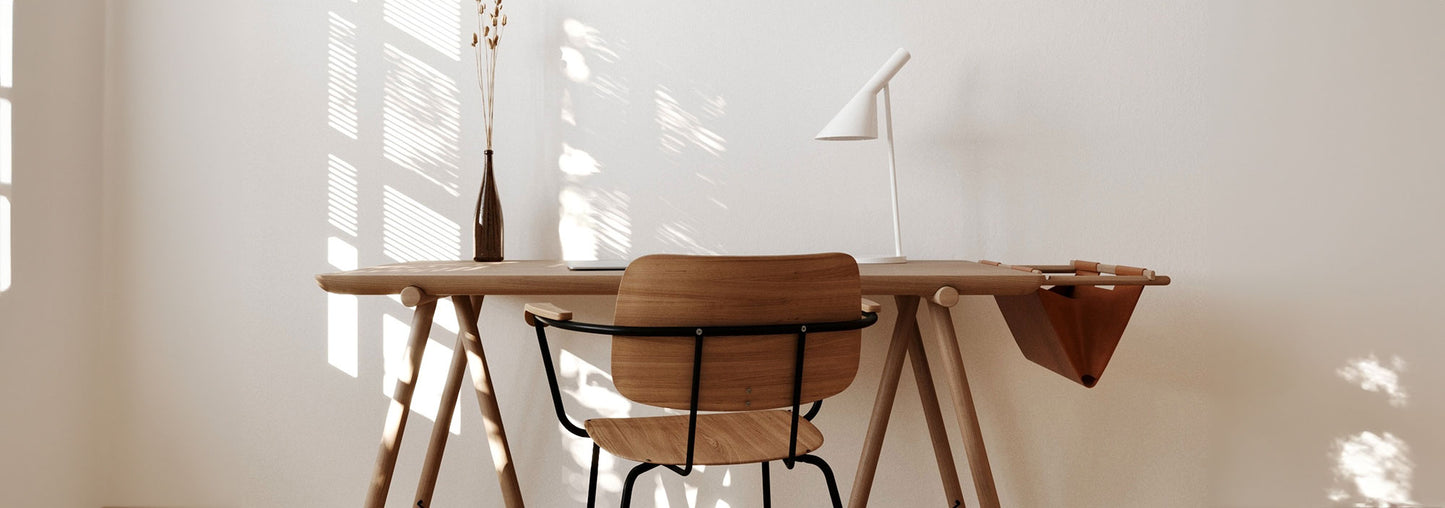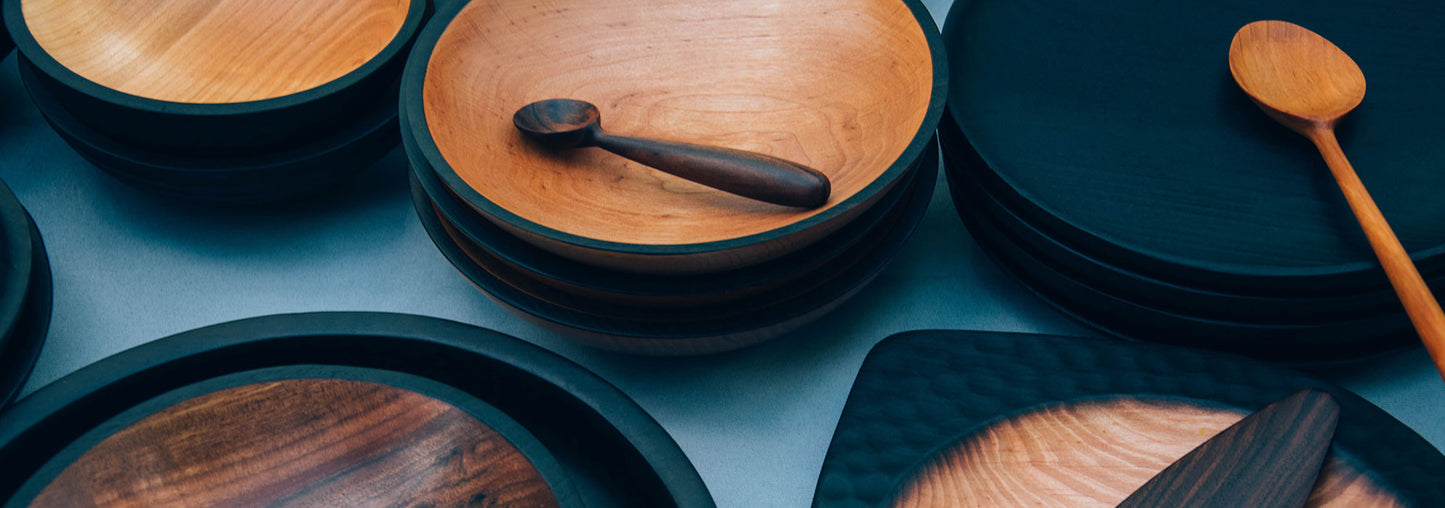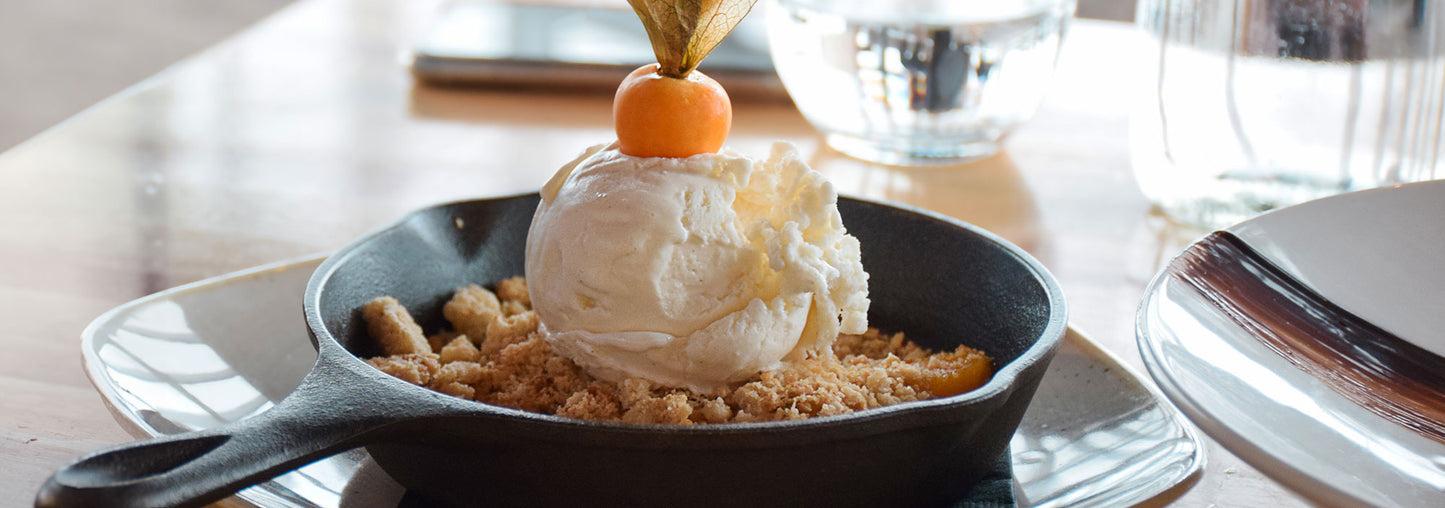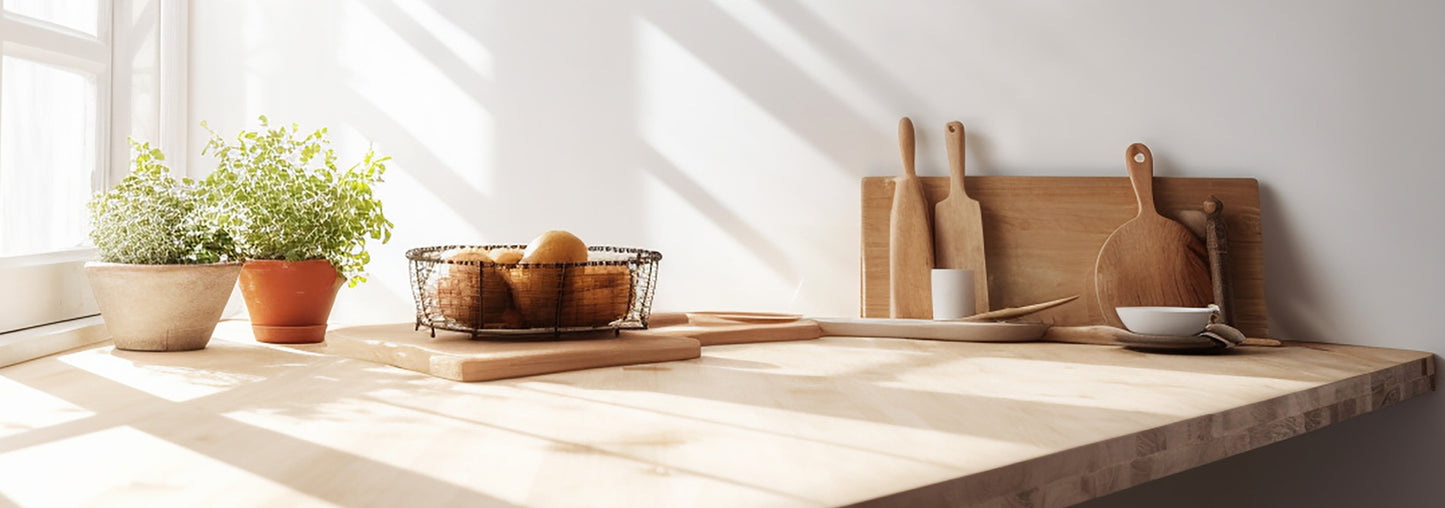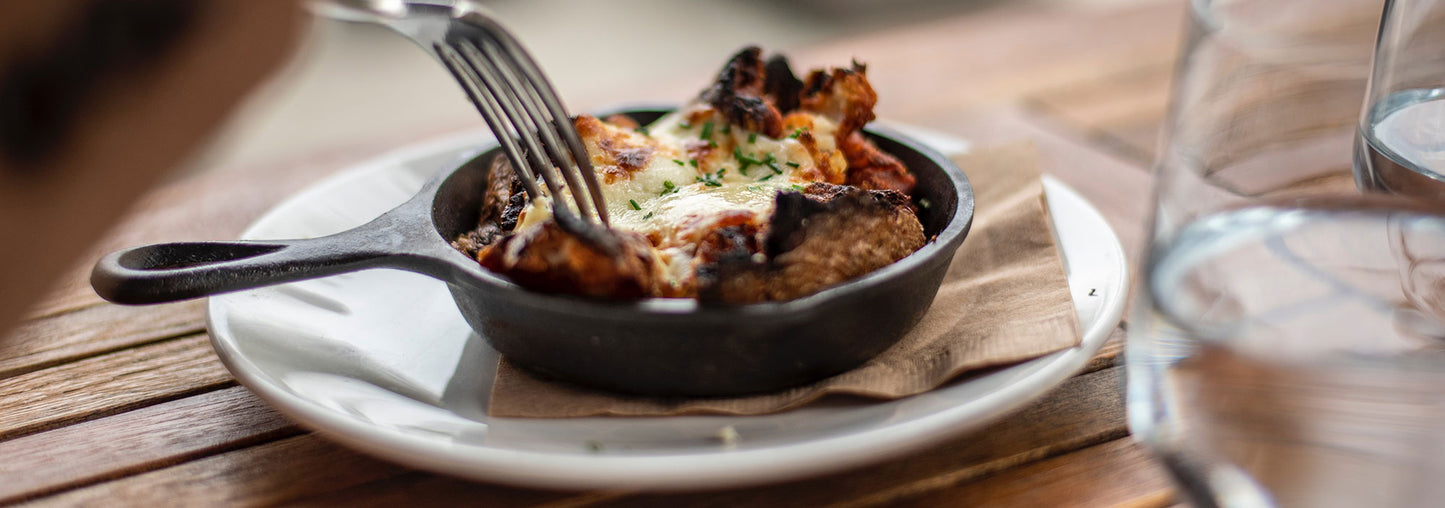
Seasoning
One of the most important things you can do for your cast iron cookware is to properly season it. Seasoning creates a non-stick surface on your cast iron, making it easier to cook with and clean. To season your cast iron, first, clean it thoroughly with hot, soapy water and a stiff brush. Rinse and dry the pan completely. Next, apply a thin layer of oil to the entire surface of the pan, including the handle. We recommend an all natural oil for optimal results.
Cleaning
When it comes to cleaning your cast iron cookware, less is more. You don't want to use harsh soaps or abrasive sponges, as this can damage the seasoning. Instead, rinse the pan with hot water and use a mild soap. Use a salt scrub to break down food and clean your cast iron cookware without scratching. Be sure to rinse the pan thoroughly and dry it completely before storing it.
Storing
Cast iron cookware should be stored in a dry place to prevent rust. After cleaning and drying your pan, you can apply a thin layer of oil to the surface to protect it. Store your cast iron in a cool, dry place, and avoid stacking other cookware on top of it. If you need to stack your cast iron, place a paper towel between each piece to prevent scratches and damage to the seasoning.
Cooking
Cast iron cookware can be used on any heat source, including gas, electric, and induction cooktops, as well as in the oven or on the grill. Cast iron retains heat well and distributes it evenly, making it great for searing and sautéing. Be sure to preheat your cast iron before adding food to ensure even cooking. Cast iron also works well for baking, as it can withstand high temperatures and create a crispy crust on baked goods.
Restoring
If your cast iron cookware has rust or has lost its seasoning, don't worry. It's easy to restore it with a little bit of elbow grease. First, scrub the pan with steel wool or a stiff brush to remove any rust or old seasoning. Use a salt scrub to help remove rust while helping to restore & fortify the natural seasoning. Rinse and dry the pan completely. Next, season the pan as you would with a new piece of cast iron cookware. Repeat this process as necessary, and your cast iron will be back in top shape.
Conclusion
In conclusion, caring for your cast iron cookware is essential to ensure it lasts for years to come. With proper seasoning, cleaning, storage, and cooking techniques, your cast iron cookware can be a versatile and reliable addition to your kitchen. Whether you're a seasoned (pun intended) cast iron cook or just starting, these cast iron 101 tips can help you get the most out of your cookware.

